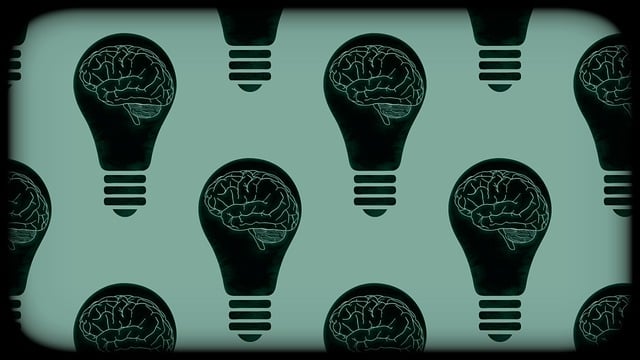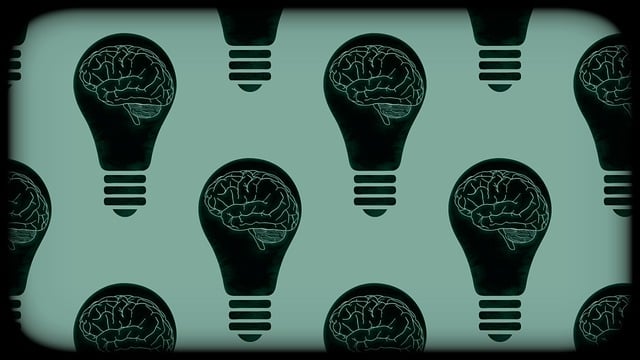Louisville Self-Esteem Therapy is tackling the complex challenge of mental health diagnosis in Louisville, with a focus on marginalized communities. They offer evidence-based practices tailored to individual needs, emphasizing self-esteem improvement and stress reduction. By integrating advanced assessment tools, holistic evaluations, and specialized therapist training, they aim for accurate diagnoses, effective treatment plans, and improved patient outcomes, ultimately enhancing the mental health landscape in Louisville.
Mental illness diagnosis accuracy is a critical aspect of patient care, and continuous improvement efforts are essential in ensuring effective treatment. This article explores the current landscape of mental health diagnosis in Louisville, highlighting challenges that impact accuracy. We delve into innovative approaches adopted by Louisville Self-Esteem Therapy to enhance diagnosis, focusing on strategies that promise better outcomes. By understanding these efforts, we can navigate the complexities of mental illness assessment and improve patient care.
- Understanding Mental Health Diagnosis: The Current Landscape in Louisville
- Challenges in Accurately Diagnosing Mental Illness
- Innovative Approaches to Enhance Diagnosis Accuracy at Louisville Self-Esteem Therapy
- Impact of Improved Diagnosis on Patient Care and Outcomes
Understanding Mental Health Diagnosis: The Current Landscape in Louisville

In Louisville, understanding mental health diagnosis remains a complex challenge. The current landscape is marked by increasing awareness yet persistent diagnostic disparities, particularly affecting marginalized communities. Accurate mental health assessments are crucial but often hindered by factors such as cultural competency gaps and limited access to specialized services, especially in underserved areas of the city.
Louisville Self-Esteem Therapy plays a vital role in addressing these issues. By integrating evidence-based practices and tailoring interventions to individual needs, therapists aim to enhance self-esteem improvement and stress reduction methods. Moreover, burnout prevention strategies for healthcare providers are being implemented to ensure sustained quality care. These efforts collectively contribute to improving mental illness diagnosis accuracy, ultimately fostering better outcomes for the diverse population of Louisville.
Challenges in Accurately Diagnosing Mental Illness

Diagnosing mental illness accurately can be a complex and challenging task for healthcare professionals. The human mind is intricate, and symptoms can often overlap across various disorders, making differentiation difficult. This complexity is exacerbated by the fact that individuals may present different manifestations of their struggles, influenced by cultural backgrounds, personal experiences, and unique coping mechanisms. For instance, what seems like severe anxiety in one person might mimic depression in another, adding layers to the diagnostic process.
In Louisville Self-Esteem Therapy, these challenges are addressed through a multi-faceted approach. Therapists employ self-awareness exercises to help clients identify their emotions and thoughts more precisely. Community outreach program implementation also plays a crucial role in raising awareness about mental health, reducing stigma, and encouraging individuals to seek assistance. Additionally, compassion cultivation practices promote understanding and empathy among both patients and practitioners, fostering an environment conducive to accurate diagnosis and effective treatment.
Innovative Approaches to Enhance Diagnosis Accuracy at Louisville Self-Esteem Therapy

Louisville Self-Esteem Therapy is at the forefront of revolutionizing mental health diagnosis with innovative approaches designed to enhance accuracy. One key strategy involves integrating advanced assessment tools that go beyond traditional methods, delving deeper into individual experiences and behaviors. These tools include sophisticated questionnaires, projective tests, and dynamic interviews that capture nuanced details often overlooked in standard evaluations.
Additionally, the therapy center emphasizes holistic evaluation by considering not just symptoms but also personal history, cultural background, and unique life circumstances. This comprehensive approach is further bolstered through specialized training for therapists in conflict resolution techniques and trauma support services. By merging these skills with the powerful Mind Over Matter principles, Louisville Self-Esteem Therapy cultivates a supportive environment where individuals feel empowered to overcome challenges, leading to more precise diagnoses and ultimately, more effective treatment plans.
Impact of Improved Diagnosis on Patient Care and Outcomes

Improved diagnosis accuracy in mental illness has a profound impact on patient care and outcomes. When individuals receive precise and timely diagnoses, they are more likely to access tailored treatments like Louisville Self-Esteem Therapy. This not only enhances their ability to manage symptoms but also significantly improves their quality of life and overall mental wellness. Accurate diagnoses can lead to more effective interventions, such as Compassion Cultivation Practices or Social Skills Training, which have been shown to be transformative for many.
By fostering a culture of precise diagnosis, healthcare providers can better meet the unique needs of each patient. This can result in reduced stigma, increased trust in the healthcare system, and better adherence to treatment plans. Ultimately, improved diagnosis accuracy is a cornerstone of compassionate care, enabling individuals to lead happier, more fulfilling lives.
Louisville Self-Esteem Therapy is at the forefront of revolutionizing mental health diagnosis in the city. By addressing challenges through innovative approaches, such as integrating advanced assessment tools and fostering a supportive environment, the therapy center aims to improve diagnostic accuracy. This effort not only benefits individuals seeking help but also contributes to better patient care and outcomes, ensuring that those struggling with mental illness receive the most effective treatments available.














